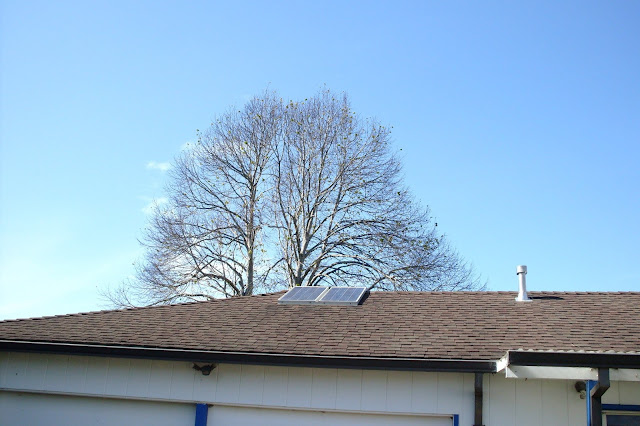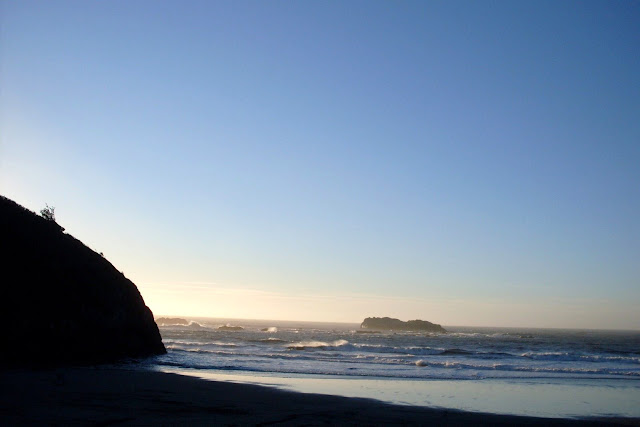 |
| BK photo |
But this year as well, "eco-anxiety" is a thing. For some, the spectre of climate catastrophe sparks the fear that underlies denial, while for others it just promotes despair. Despair is not usually congruent with gratitude. So it's hard to accept that a planet's lifeforms on the way to extinction merits much in the way of thanksgiving.
 |
| BK photo |
She sought answers at a Brooklyn workshop titled “Cultivating Active Hope: Living With Joy Amidst the Climate Crisis,” Denial turns out not to be one of the ways. "Lou Leonard, a founder of One Earth Sangha, a Buddhist group focused on the crisis, told me that living like climate change is real and that we can do something about it are signals to others — and can help shift cultural norms...
“We need to break the cognitive dissonance in as many ways as we can in order to be more real with what’s happening,” Mr. Leonard said. Making seemingly inconvenient changes now, he said, can also prepare us for what might be to come."
 |
| BK photo |
In the Red Hook workshop, which used the pioneering decades-old work of the environmental grief activist Joanna Macy, the facilitator, Jess Serrante, said something that hit me like a thunderclap.
“Our pain for what is happening is the other side of the coin of our love for the world,” she told us. “We feel such depths of despair because we love the planet so much.”
Several psychologists told me they are telling the same thing to patients who are grappling with eco-despair: Feeling depressed about the crisis is actually a sane, healthy response. Yet as a culture, we pathologize depression as a personal failing, and as individuals, we avoid it, partly, Ms. Serrante said, out of the fear that if we dive in we won’t emerge. But that causes us to shut down. By jumping into the pain, it can alchemize into something bigger, Ms. Serrante told us, and reconnect us with our deepest selves."
 |
| BK photo |
“Wow,” the disaster preparedness guy replied.
He told me he was grateful that he was living at a time when we could see gorgeous animals, plants and sprawling wilderness that might not be around much longer. My breath caught. I hadn’t thought of that. Something shifted."
 |
| BK photo |
Part of the proper response to the climate emergency, I believe, is to be active in ways appropriate to yourself, in spreading awareness and accelerating political pressure. Because efforts to address the causes may still work and may still be effective in saving the far future (though few if any of us will be alive long enough to know that.) And because efforts to address the effects are crucial now, and will be increasingly so next year, the year after, and pretty much forever.
Addressing the effects and addressing the causes--particularly through the complete realignment of transport and the grid to clean energy--will be the work of the 21st century, at least. Adults in position to do so may consider what occupations and projects they can undertake to do this work, and make that career change. Younger people can guide their careers in those directions from the start.
But we also can't get lost in abstractions, for in the end they aren't sustaining. We are here right now, and life is moment to moment. Consciously being grateful for what natural world we have, and seeking out opportunities to experience the natural world that too often becomes abstraction and background--is also important.
 |
| BK photo |
"We have received an inestimable gift. To be alive in this beautiful, self-organizing universe--to participate in the dance of life with senses to perceive it, lungs that breathe it, organs that draw nourishment from it--it is a wonder beyond words. It is an extraordinary privilege to be accorded a human life, with self-reflexive consciousness that brings awareness of our own actions and the ability to make choices. It lets us choose to take part in the healing of our world."
"Gratitude for the gift of life is the primary wellspring of all religions, the hallmark of the mystic, the source of all true art. Yet we so easily take this gift for granted. That is why so many spiritual traditions begin with thanksgiving, to remind us that for all our woes and worries, our existence itself is an unearned benefaction, which we could never of ourselves create."
"There are hard things to face in our world today, if we want to be of use. Gratitude, when it is real, offers no blinders. On the contrary, in the face of devastation and tragedy, it can ground us, especially when we're scared. It can hold us steady for the work to be done."












